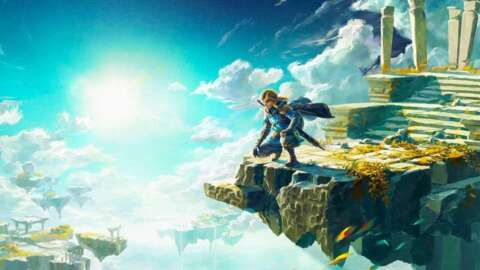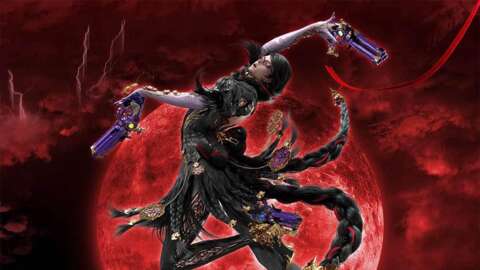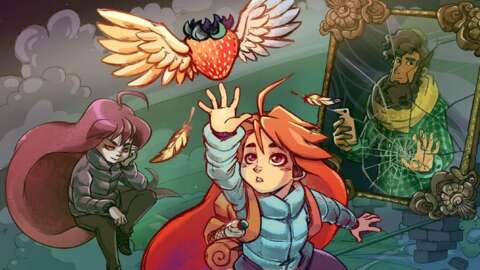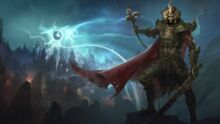The developer behind BallisticNG, a sci-fi racer inspired by PlayStation classic WipEout, has announced that it’ll no longer be porting the game to Nintendo Switch in the wake of the recent controversy surrounding Unity.
After Unity announced sweeping changes on September 12 that were widely criticized and met with massive backlash from game developers, the company then scaled back on its initial plans to charge studios a runtime fee per game install.
These issues, combined with certain requirements from Nintendo, have resulted in developer Neogenesis canceling its planned port of BallistNG, a game that has an “overwhelmingly positive” reception on Steam. “Nintendo has a rolling Unity version requirement for game releases and we’re already behind the threshold by two years,” Neogenesis explained in a blog post on its Steam page.
“It comes with much frustration and disappointment that we’re announcing the cancellation of the Switch version. Several years of development has gone into preparing BallisticNG technically for the port while maintaining the usual output of updates for the PC version, so this comes as a big kick in the balls to both us and everybody else who was excited for this version of the game. We’re sorry that it has turned out this way, and we’ll be looking at working with the console–or the rumored Switch 2–in a future project not bound by Unity. Despite Unity’s efforts to recover after their PR disaster, there just isn’t any trust and security for us to continue moving forward with newer versions of their tools in the foreseeable future.”
Following the announcement of the controversial changes, Unity apologized to developers and overhauled its Runtime Fee policy. Under the new plan, users of Unity Personal or Plus will not be charged and Pro or Enterprise users can opt for a 2.5% revenue share instead. These changes will only be applied on upcoming versions of Unity and there’ll be no retroactive fee for games made with prior versions of Unity. Developers will always be billed the lesser of the two potential fees, and the language around installs has been changed to “initial engagements”.
While developers have reacted more positively to these changes, many have noted that Unity has done massive damage to its reputation and that it’ll take time for trust to be restored, if developers opt to continue using the game creation software instead of alternatives like Unreal Engine or Godot.














